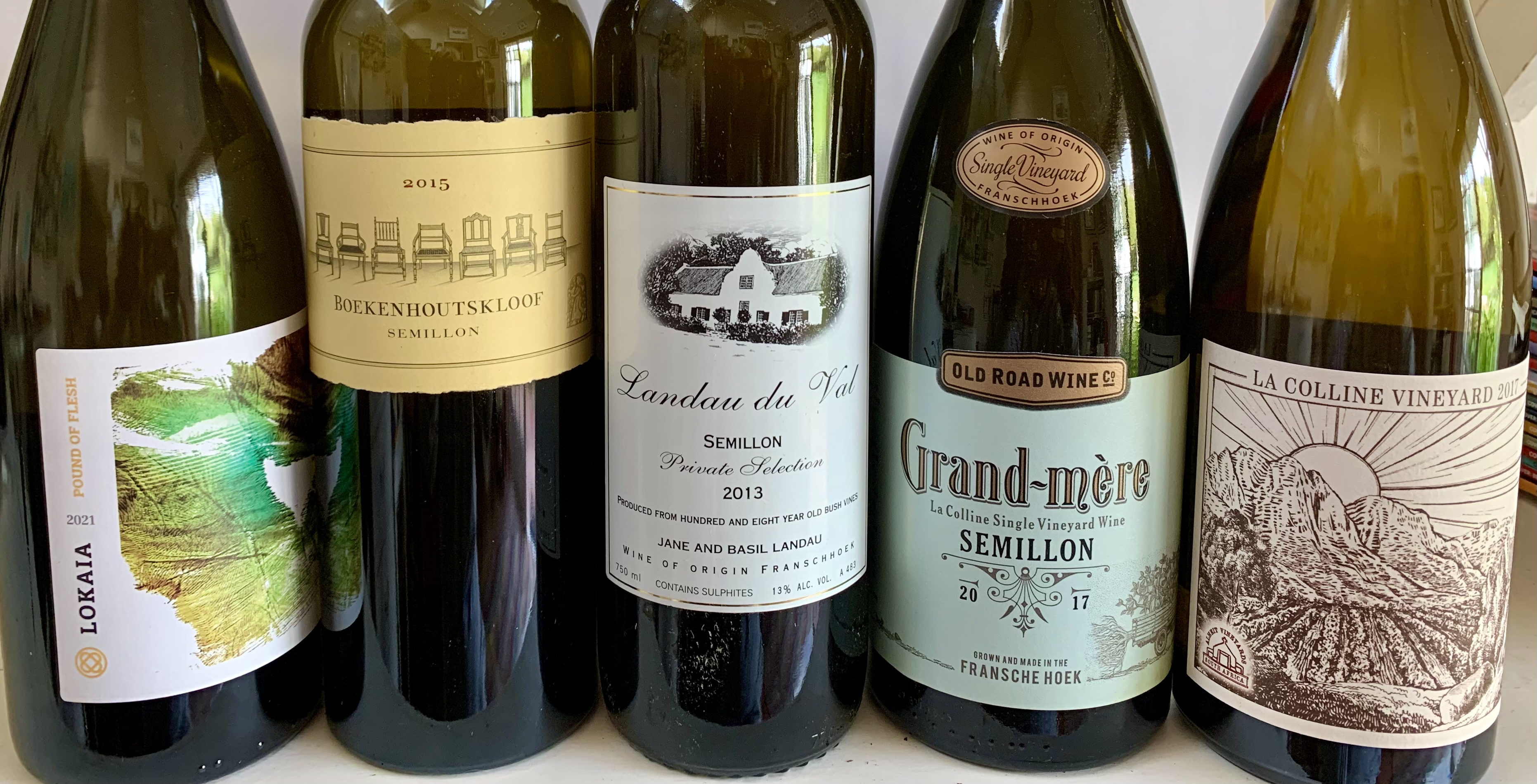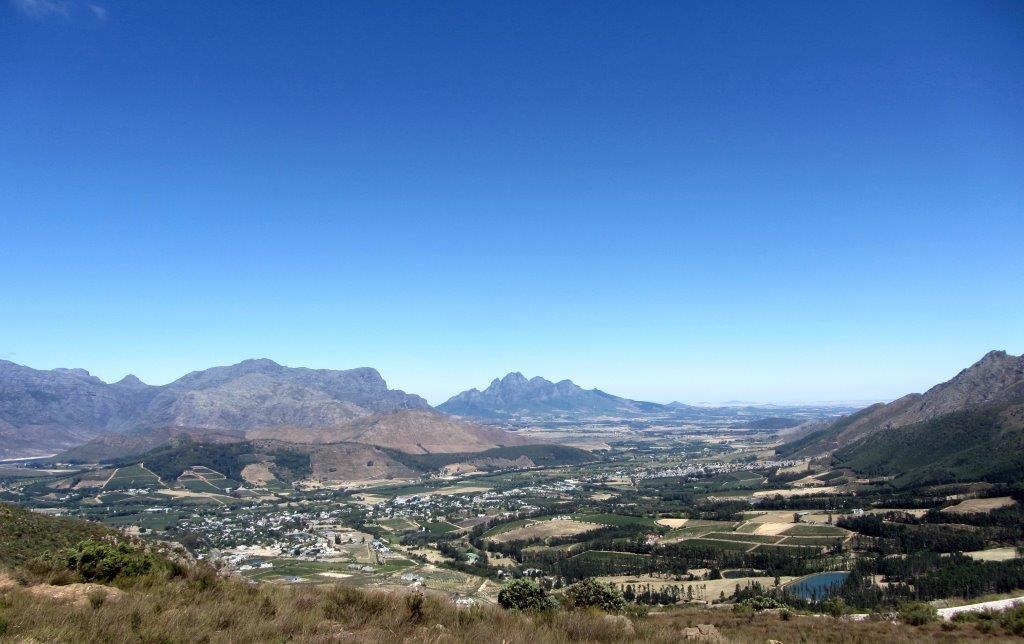The town of Franschhoek is ensconced in a valley; a valley in the true sense of the word, being a long, low area, typically found between hills and mountains. Drive the R45 towards the eponymous town and once past the turn off to Pniel, the valley opens up in front of you. While there are wineries strung out along the slopes, the residential area is mainly on the valley floor; here the wealthy and poorer members of the Franschhoek community live much side by side. Maybe such proximity generates a sense of community among Franschhoekers, for there are many organisations which help those less well-off.
Margot Janse, then chef at fine-dining restaurant, The Tasting Room, started the Isabelocharity in 2009. She recognised the glaring difference between working with the best produce in her beautiful kitchen compared with of the poverty and hunger of those living in the township, where children go to school on an empty stomach. Margot knew she had to do something to make a difference. From initially making nutritious muffins for 70 hungry play-school children, today it has expanded to providing breakfast to over 1000 primary school children. Since 2019 Pebbles Project Kitchen has partnered with Isabelo, providing nutritious, warm lunches for 200 pre-school children.

Pebbles Project, an NGO, was founded in 2004 by Sophia Warner. It has also expanded way beyond its initial purpose of helping special needs children. The latest addition is The Pebbles Kitchen, established in 2019. Run from Klein Joostenberg, near Pebbles’ home base, the kitchen team numbers eight permanent staff, including a trained chef and driver responsible for deliveries. Thousands of breakfasts, snacks, infant purée meals are produced weekly, and other meals daily, some delivered to to Pebbles beneficiaries, the balance going to NPOs and Early Childhood Development Centres, including Isabelo. A typical lunch offers a balanced mix of proteins, vegetables and carbohydrates, nutrients children from poorer households are unlikely to receive enough of at home due to economic constraints. The Pebbles Kitchen supplies educational centres as far apart as Hemel-en-Aarde valley and Clanwilliam as well as Franschhoek. All the children receive nutrition education to promote healthy eating habits.
As an NGO, donations are always welcome. Monetary donations may be made via https://www.pebblesproject.org/banking-details/; physical donations should be delivered to Pebbles Kitchen Klein Joostenberg Farm, Koelenhof, Stellenbosch.
Wine, both growing and making, is an important part of life for those living in the valley; the roughly 1200 ha of vineyard is made up of over forty different varieties, the most populous being cabernet sauvignon, syrah, merlot, sauvignon blanc and chardonnay but if there’s any variety associated with Franschhoek, it’s semillon, with its small but important 74 ha. One of the oldest registered semillon vineyards grows in Franschhoek. The late Basil Landau’s vineyard was planted in 1905 and is still producing fruit that goes into wonderful wines. The other semillons in the photo also come from Franschhoek vines of various mature ages. They have the characteristic dense silky texture and beeswaxy flavours lifted by a little lemony acidity. Age suits the wine as well as the vines; many ten-year old semillons are just getting into their stride with developing honeyed tones.

If the people of the valley enjoy wine, they also enjoy celebratory parties. Two of the many popular events held annually are the Cap Classique Festival, 30th November – 1st December 2024 and Bastille weekend, a reflection of the area’s French heritage, which takes place mid-July. Add streets lined with award-winning restaurants and it’s no wonder Franschhoek is a must-visit tourist destination.
Angela Lloyd